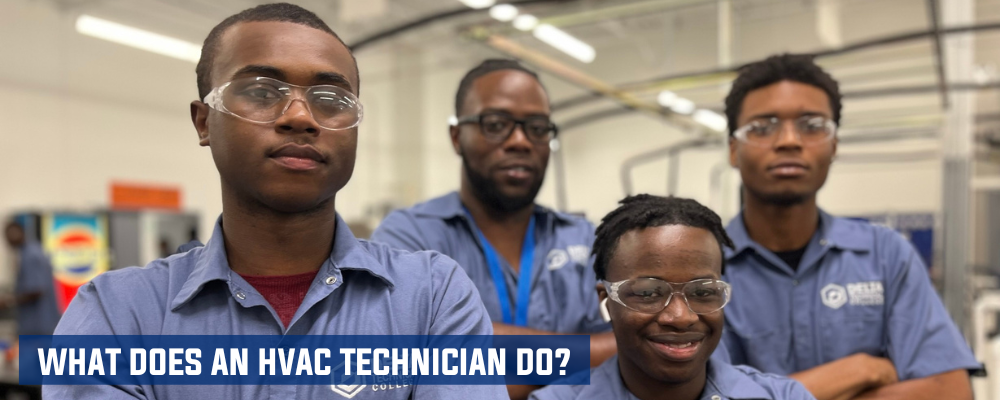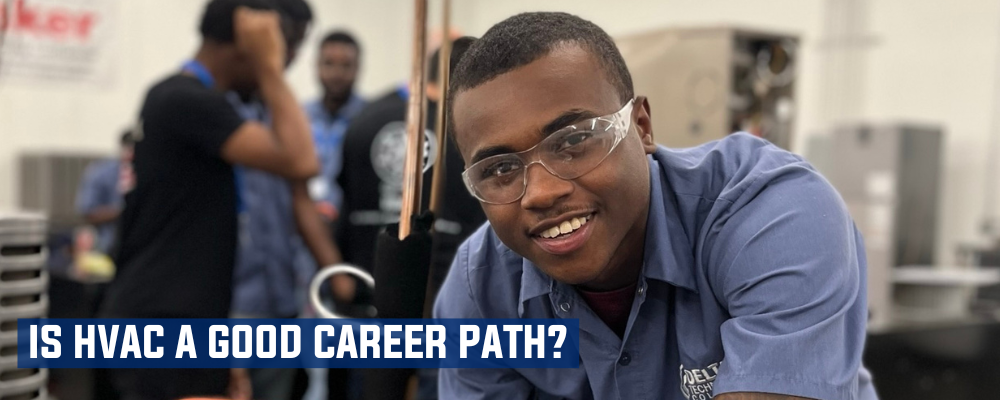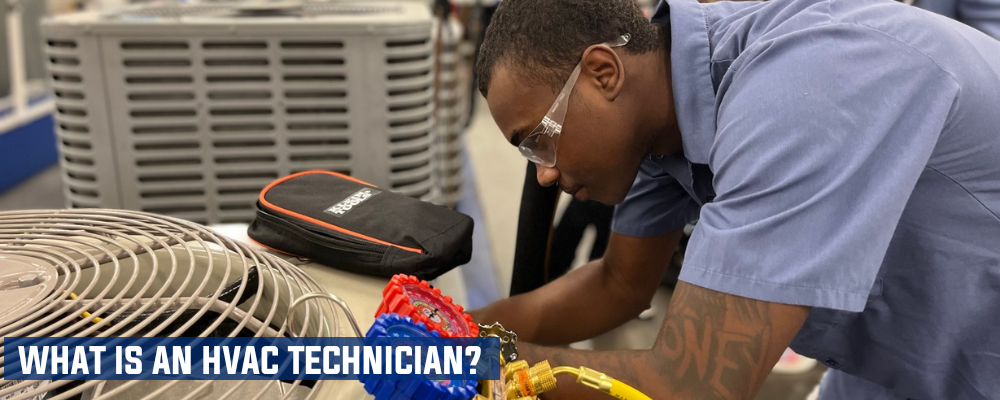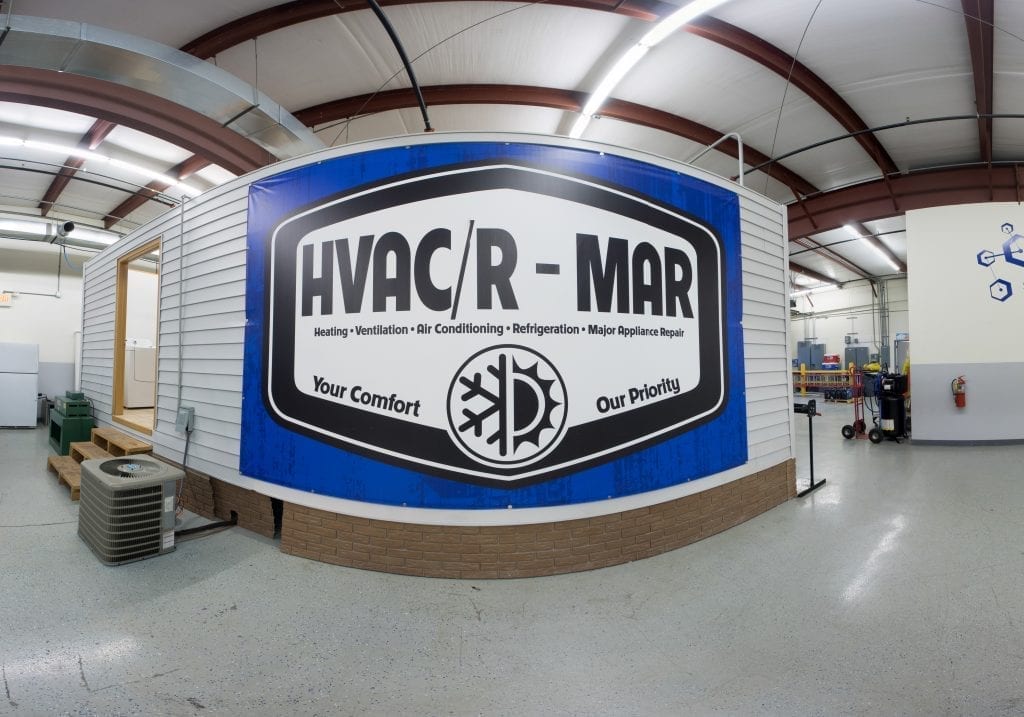An HVAC or HVACR technician installs, repairs, or maintains heating, ventilation, air conditioning, and refrigeration systems that control the temperature and air quality in buildings. In some cases, an HVAC technician may specialize in installation, repair, or maintenance.
Furthermore, some technicians may be specialized in working on a specific HVACR component, such as solar technology or commercial refrigeration. Heating, ventilation, and air conditioning systems control the temperature, humidity, and air quality in residential and commercial buildings, ensuring comfort and a healthy environment for occupants. Refrigeration systems allow for the safe storage and transportation of food, medicine, and other perishable items.
What Does a HVAC Technician Do on a Regular Basis?
If you are wondering what an HVAC technician is, the answer largely lies in his or her job duties. The exact job description of an HVAC technician can depend on industry, position, and specialty. Yet, most HVAC technicians will complete the following services:
- Testing pipe or tubing joints or connections for leaks
- Testing electrical circuits or components for continuity
- Repairing or replacing defective equipment
- Improving HVAC system performance by changing filters, cleaning ducts, or refilling refrigerants
- Installing, connecting, or adjusting thermostats, humidistats, or timers
- Connecting HVAC equipment to fuel, water, or refrigerant sources
- Studying blueprints and other specifications
- Following government rules and regulations
- Adjusting system controls to balance system
- Assembling, positioning, and mounting HVAC equipment
- Cutting or drilling holes in buildings structure
HVAC Working Conditions
If you are planning to enroll in an HVAC training program, you probably want to know about the working environment of an HVAC technician. HVAC technicians typically work indoors in buildings, although they sometimes can work outdoors to service heat exchangers. Also, they often operate in tight spaces or in very hot or very cold buildings due to a defective HVAC system. According to the U.S. Bureau of Labor Statistics (BLS), the vast majority of HVAC technicians are employed by plumbing, heating, and air-conditioning contractors. A small number are self-employed or work in education, retail trade, and wholesale trade. More precisely, HVAC technicians service the following industries:
- Building Equipment Contractors
- Direct Selling Establishments
- Hardware Merchant Wholesalers
- Plumping & Heating Equipment/Supplies Merchant Wholesalers
- Commercial & Industrial Machinery & Equipment Repair/Maintenance
- Colleges, Universities, & Professional Schools
- Personal & Household Goods Repair/Maintenance
- Aerospace Product & Parts Manufacturing
- Natural Gas Distribution
- Wired Telecommunications Carriers
HVAC Work Hours
Most HVAC technicians work full time. However, evening and weekend shifts are not uncommon. HVAC technicians may also work overtime or irregular hours. This is especially true during peak heating and cooling seasons, when people are in sudden need of functional heating or cooling systems. Those who specialize in repairing HVAC systems may also frequently find themselves servicing customers during irregular hours when HVAC systems break down at inopportune times.
SOURCES
- https://www.bls.gov/ooh/installation-maintenance-and-repair/heating-air-conditioning-and-refrigeration-mechanics-and-installers.htm#tab-2
- https://www.onetonline.org/link/summary/49-9021.01
- https://www.bls.gov/ooh/installation-maintenance-and-repair/heating-air-conditioning-and-refrigeration-mechanics-and-installers.htm#tab-3
- https://www.bls.gov/oes/current/oes499021.htm#st



